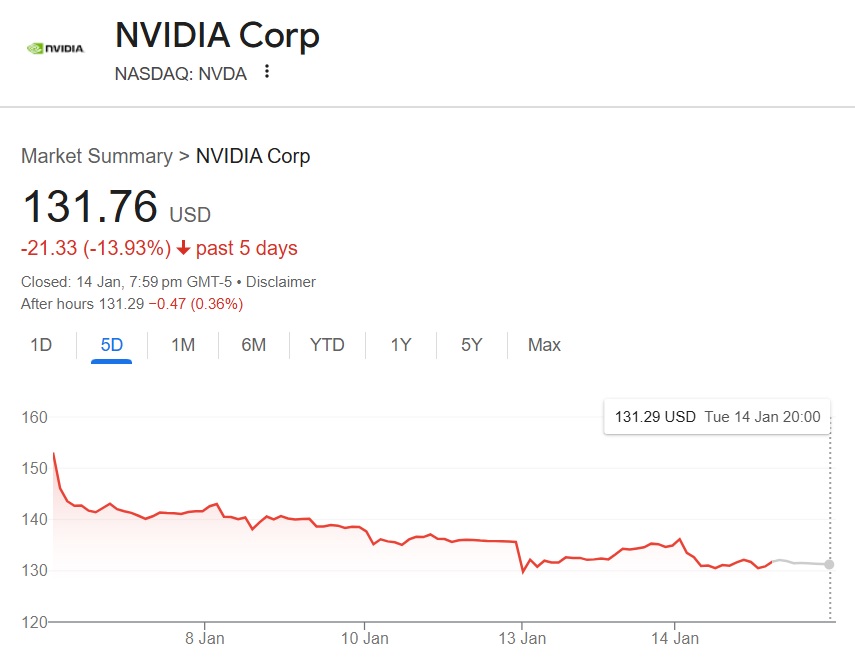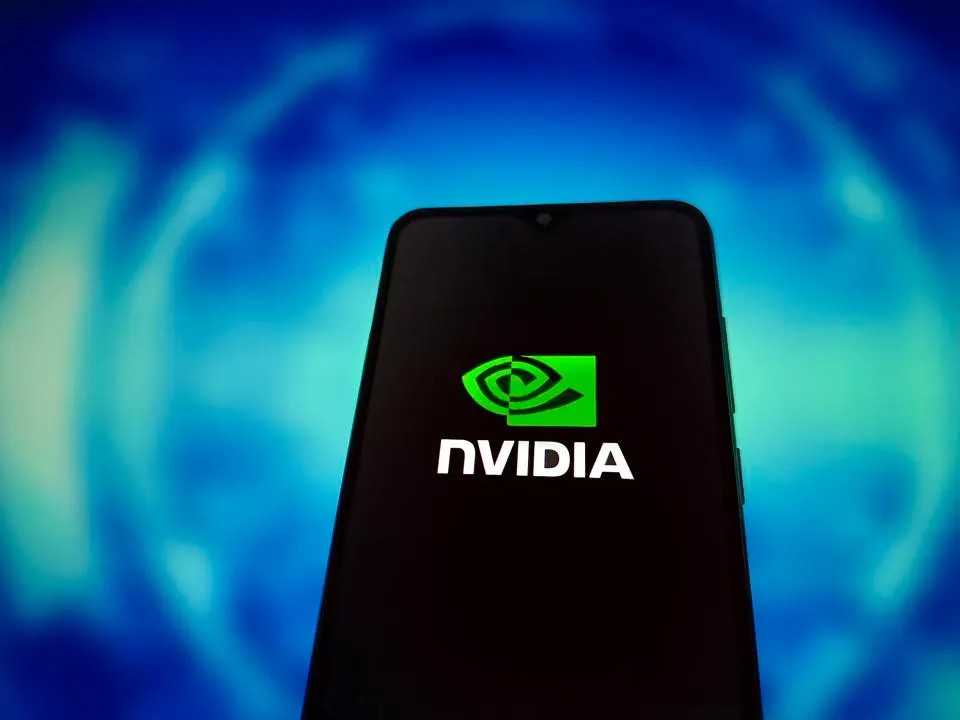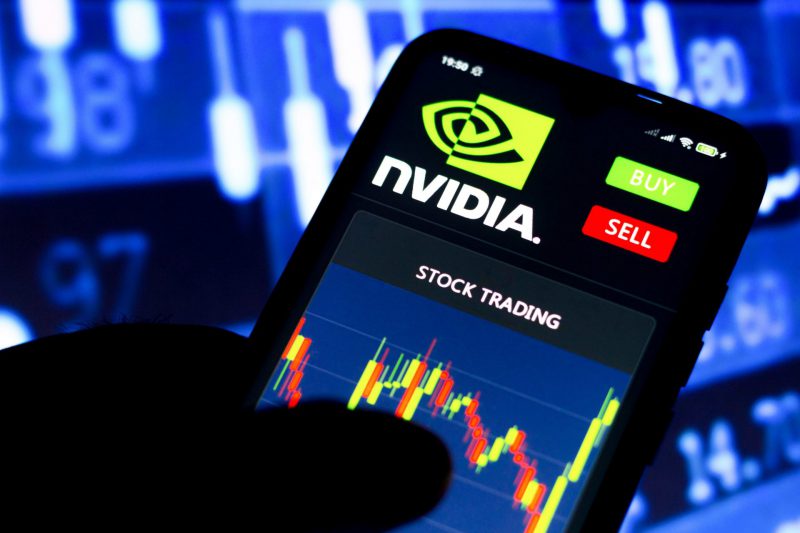Leading chip processor firm Nvidia is trading on the back foot in 2025 as its stock dipped nearly 14% in a week. NVDA has fallen to the $131 mark after it hit a monthly high of $146 in early January. It has remained in the red for five consecutive days and is signaling bearish sentiments. The recent price dip comes even after investor’s optimism in the markets increased on the heels of Trump taking office.
Also Read: Microsoft (MSFT) A Top Choice For AI Stock Investors in 2025


Why is Nvidia Stock Falling?


Nvidia stock is falling in January as the firm faces revenue threats from the new U.S. AI chip exports curb. The U.S. recently limited the global distribution of coveted processors in its export restriction regulations this month. The Biden administration wants the processors to be a U.S. asset and is preventing other countries from acquiring advanced chips.
Also Read: 2 Countries to Sign Defense Deals in Local Currencies, Ditch US Dollar
The White House is concerned that China is acquiring advanced chips to bolster its military and nuclear capabilities. Therefore, the revenue of Nvidia could take a significant hit as it exports the chips to other firms and countries, and its stock price could be hit “These rules will significantly limit (Nvidia share) market since as much as half its chips currently end up in countries that will be off-limits once the rules are applied,” said D.A. Davidson analyst Gil Luria to Reuters.
The latest filing shows that Nvidia generates 56% of its revenue from customers outside the U.S. An export curb will significantly eat up its market share and limit Nvidia stock growth in 2025. If earnings dip drastically, the negativity would roll over to its stock price making it nosedive this year.
Also Read: XRP’s Golden Cross Signals Major Bull Run Ahead—Don’t Miss Out!
The exports curb “threatens to derail innovation and economic growth worldwide and undermine America’s leadership,” Nvidia’s Vice President of Government Affairs, Ned Finkle, said. He argued America’s leading role in AI would be hurt because the rule “would impose bureaucratic control over how America’s leading semiconductors, computers, systems, and even software are designed and marketed globally.”





